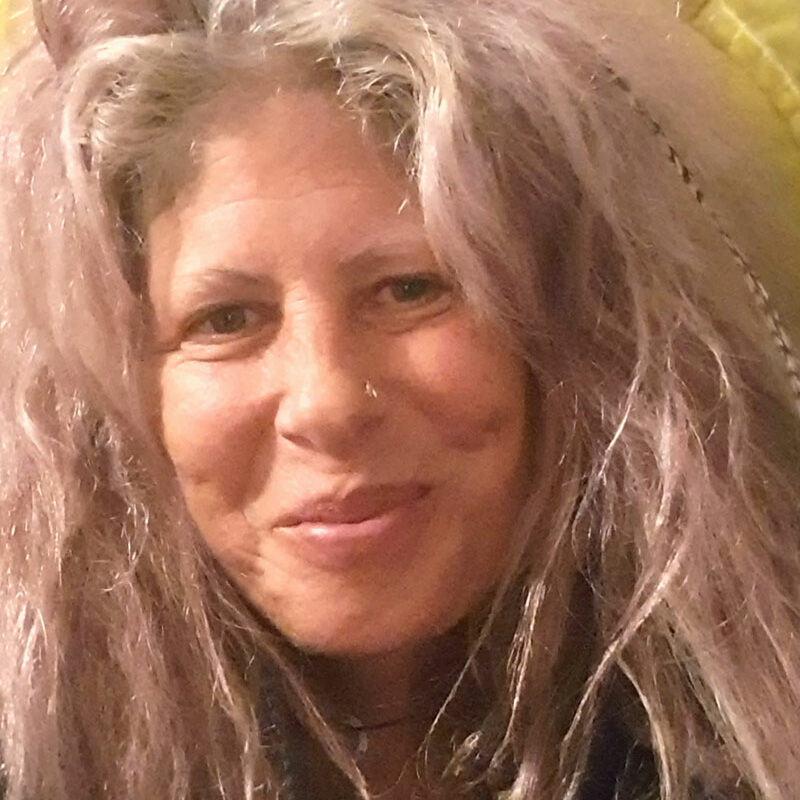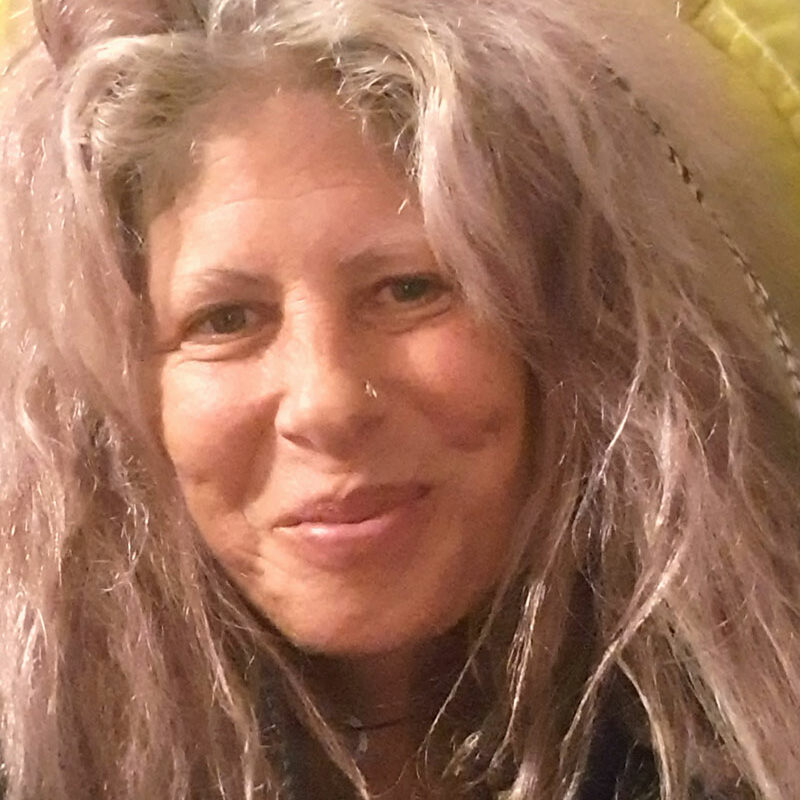A deep, creative and transformative process, which supports you through your holistic awakening journey and individual personal health revolution
Talking About Ageing
04/07/2019//Comments Off on Talking About Ageing
Talking About Ageing
04/07/2019//Comments Off on Talking About Ageing
‘Talking About Ageing’ by Rowena J Ronson and Nigel Summerley
RJR: The Ageing Process – not a subject that many talk about, but one that I would really like to discuss openly with you Nigel, if I may. It is subject that is becoming dear to my heart as I approach my mid-50s. Because I discovered natural medicine early in life, and have spent the past 30 years devoted to a healthy and conscious way of living, I imagined that I would not even notice getting older. And up until this last year, I really didn’t. But my body is changing, and she has forced me to understand her even better as I transcend the early stages of menopause. More on that in a moment. How are you feeling about your own ageing process?
NS: I think being aware of the need to look after ourselves (it only started to dawn on me when I was in my thirties) and taking the appropriate actions (eg healthy diet, natural medicine, exercise) is unlikely to prevent our ageing – but I am convinced that it helps us deal with the ageing process much better and so keeps us feeling “younger” for longer. My body is doing all right and still serving me well in my sixties, but there are a few aches and problems here and there. One worry: I’ve taken regular exercise for the past 40 years, but I’m now beginning to wonder whether running, walking, cycling and swimming may be good in many ways, but also whether they put a lot of strain on the body – and ultimately increase the wear and tear. That’s a major concern as I approach 70 and want to stay active.
RJR: Listening to our very own unique and amazing bodies is key, I agree. Walking and swimming are always safe bets for people as they age. Cycling too, unless there is injury. Running is slightly different as it impacts our joints. And it is so important to keep active and moving, for every aspect of our health. Ultimately though, it is about finding ways of exercising that are individualised to our needs. I recently discovered the absolute right teacher for pilates for me. As someone who is hyper-mobile, I have tried pilates many times, and even attended a class for a year with one teacher, and two years with another. Neither helped me in any way. My last teacher actually really undermined my confidence as she did not understand my specific difficulties, but made out like she did. My new teacher now empowers me both mentally and physically, and I am reaping the rewards. She has helped me immensely.
NS: Wise words… You’re right about running. I used to do a few marathons and a lot of regular running – and I think my knees and some of my toes are now paying the price. I’m glad that I gave up running for swimming when I did (about 15 years ago). Similar to your experience with pilates, I have found tremendous benefits in Alexander technique lessons – with a teacher who inspires on a number of levels. Until I discovered Alexander, I thought that I knew completely what was going on with my body – now I realise that there was so much more to be aware of. Different things suit different people, of course. But shouldn’t there be some sort of education programme covering ageing and how to deal with it? Or would children find the subject too daunting?
RJR: I think children would find it irrelevant – but adults would definitely benefit from it. How do you think we could go about that?
NS: I was hoping you might have some ideas! I think some general information on ageing could be of passing interest to children – and might help them appreciate what’s going on with their grandparents and so on. But you’re right – they might find it irrelevant, and possibly slightly scary. Perhaps the best approach would be educational films on specific ageing issues, not just the often-mentioned topics such as dementia, heart disease and osteoporosis, but also the “lesser” publicised problems such as knee pain, bunions and arthritic hips. The essential thing would be to make it as honest and factual as possible – there is more than enough in the media about “anti-ageing”, suggesting that somehow old age can be escaped from. The truth is, surely, that it can’t.
RJR: Yes, the truth is that ageing cannot be avoided because, like all beings in nature, we are ageing every day from the moment we are conceived. Time does not stand still. We take such delight watching babies and toddlers learning and evolving before our eyes, as they navigate their own challenging process. There is their birth (for starters!) but then there are all the difficulties for a baby to successfully achieve having their needs met, and it is often quite an ordeal on many levels. There is a growing movement towards women journeying through menopause and focusing on the many blessings that the rite of passage brings. I am happy to say more, but wondering how you feel about hearing this, and whether you have gone through similar.
NS: Well, I’ve spoken with and known a lot of women going through the menopause, and I don’t recall any of them talking about its blessings – apart from the occasional comment about no longer being interested in sex (because it has become something uncomfortable or even painful). That could be a blessing that I can understand. Older male friends have often talked about the relief of not being driven by sexual urges, and as part of my own ageing, I’m beginning to see what they were talking about. The waning of the libido (or whatever you want to call it) is definitely a blessing, and one that enables you to focus on the many things in life that are more important than sex. I’ve always found those Daily Mail-type article about men and women still having sex in their seventies and eighties rather disturbing. Are they really doing that? And if they are, does anyone really want to think about it? Perhaps you should enlarge on the blessings of the menopause, as I’m sure you must have other things in mind, apart from a potential release from sexual desire.
RJR: Menopause is a natural, holistic process that women hopefully have the privilege to go through. It is a great opportunity to learn that we are not actually at war with our bodies, we have just not been in tune with them. Our monthly cycle, throughout our lives, reminds us to listen to and respect ourselves and our own needs. Many women become more emotional when their periods are due – which allows them to say how they really think and feel, which they have often suppressed during the rest of the month. It is the same for our pause in our menstruation – our menopause. This period of time in a women’s life is sacred. It is a time for introspection and appraisal. It is a time for making space and focusing at least some of the energy that we have used in taking care of others to take care of ourselves. It is our time to truly take stock of our lives, to offer gratitude for surviving the trials and tribulations of life, and it is a perfect chance for us to decide what we want from this important third trimester of our lives, as we grow into the wise elder that we are destined to become.
NS: I’m afraid that there seems to be no equivalent milestone in the lives of men – the waning of sexual potency seems to be a gradual process (more gradual in some than others). And perhaps the attainment of wisdom in men (if it happens) is also a very gradual process. Sadly, I have had to spend a lot of time in hospital recently, seeing women and men nearing the end of their lives. While some may have wisdom, others deteriorate terribly, both mentally and physically. Should we take comfort from the fact that this final phase is, hopefully, a short one? Is there a way that we can embrace suffering and death, in a similar way to that in which you describe embracing the menopause? I think it may be possible…
RJR: Since starting this Double Take, we had quite a shock in our family. My dear father, 85 years old at the end of July, had a minor stroke. He was out with my mother, who will be 80 years old in September, who noticed very subtle signs that he was not himself. She took him home and, while waiting for an ambulance, called me to tell me. I immediately told her to give him a dose of Arnica 30. She was reluctant because the ambulance service had said for him not to have anything at all until they assessed him. When she realised that Arnica thins the blood, she decided to give him a dose, and not tell them. Ten days later, he told me yesterday that he is feeling better every day. The hospital could not find a trace of the stroke on the scans they took of his brain – but they have confirmed that he definitely did have a stroke. The hospital service was totally amazing, by the way, including all the support they are giving him now that he is at home in terms of monitoring and physio. But we are all totally convinced that the Arnica saved him in those crucial first four hours when an intervention can make all the difference.
I don’t think we will ever embrace suffering and death, unless it comes with great relief – and why should we? The pain that the elderly – and anyone who is ever sick with a debilitating illness – go through can be utterly horrendous. But do I think that natural remedies can make things a whole lot easier? Absolutely. And I hope everyone who reads this buys all the elderly people they know a small bottle of Arnica 30 to keep in an accessible place, and to take one dose in an emergency if they observe the first signs of a stroke, while they wait for an ambulance. It can be a lifesaver and we need to raise awareness.
NS: I agree that natural remedies can ease such sufferings (and it’s fantastic what Arnica seems to have done in your father’s case). I would add that I know from experiences within my own family that conventional medicine can sometimes add to the sufferings of the elderly rather than alleviate them – one of the reasons I was drawn to natural medicine in the first place. But having said that, painkilling drugs can play a vital part in easing suffering towards the end of life.
Death is inescapably part of life – for all living things. It is as natural and as vital a part of existence as birth. Suffering may be hard to embrace. Death? Surely, we have to try to embrace it? Along with Arnica and natural medicines in our old age, I would recommend reading the “Meditations” of Marcus Aurelius, “The Essays” by Michel de Montaigne, and the teachings of Jiddhu Krishnamurti. All of these offer tremendous (and positive) insights into death – and may help remove the fear of it.
RJR: I totally agree. What do our readers feel about what we have written?

Rowena J Ronson
Rowena J Ronson Shape-Shifter Intuitive Natural Medicine Healer Homeopath Counsellor Functional Medicine Individuals, Relationships & Families For You

